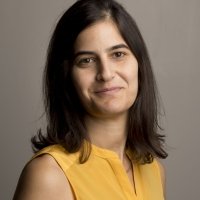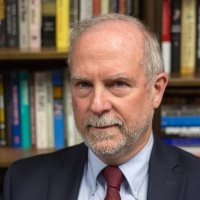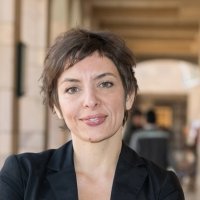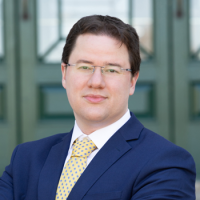Archive Wars: The Politics of History in Saudi Arabia
The production of history is premised on the selective erasure of certain pasts and the artifacts that stand witness to them. From the elision of archival documents to the demolition of sacred and secular spaces, each act of destruction is also an act of state building. Following the 1991 Gulf War, political elites in Saudi Arabia pursued these dual projects of historical commemoration and state formation with greater fervor to enforce their postwar vision for state, nation, and economy. Seeing Islamist movements as the leading threat to state power, they sought to de-center religion from educational, cultural, and spatial policies. In this talk, Bsheer explores the increasing secularization of the postwar Saudi state and how it manifested in assembling a national archive and reordering urban space in Riyadh and Mecca.
Rosie Bsheer is Assistant Professor of History at Harvard University. Her publications include Archive Wars: The Politics of History in Saudi Arabia (Stanford University Press, 2020), “The Limits of Belonging in Saudi Arabia” (International Journal of Middle East Studies, 2020),“A Counterrevolutionary State: Popular Movements and the Making of Saudi Arabia,” (Past and Present 2018), and “How Mohammed bin Salman Has Transformed Saudi Arabia,” The Nation, May 7, 2018. She is Associate Producer of the 2007 Oscar-nominated film My Country, My Country, and a co-editor of Jadaliyya E-zine. Rosie received her Ph.D. in History from Columbia University (2014) and has taught at Yale University and Swarthmore College.
The Washington History Seminar is co-chaired by Eric Arnesen (George Washington University and the National History Center) and Christian Ostermann (Woodrow Wilson Center) and is organized jointly by the National History Center of the American Historical Association and the Woodrow Wilson Center's History and Public Policy Program. It meets weekly during the academic year. The seminar thanks its anonymous individual donors and institutional partners (the George Washington University History Department and the Lepage Center for History in the Public Interest) for their continued support.
Speaker

Moderators


Professor of History, The George Washington University. Director, National History Center of the American Historical Association.
Panelists


Hosted By

History and Public Policy Program
A leader in making key foreign policy records accessible and fostering informed scholarship, analysis, and discussion on international affairs, past and present. Read more


Middle East Program
The Wilson Center’s Middle East Program serves as a crucial resource for the policymaking community and beyond, providing analyses and research that helps inform US foreign policymaking, stimulates public debate, and expands knowledge about issues in the wider Middle East and North Africa (MENA) region. Read more
